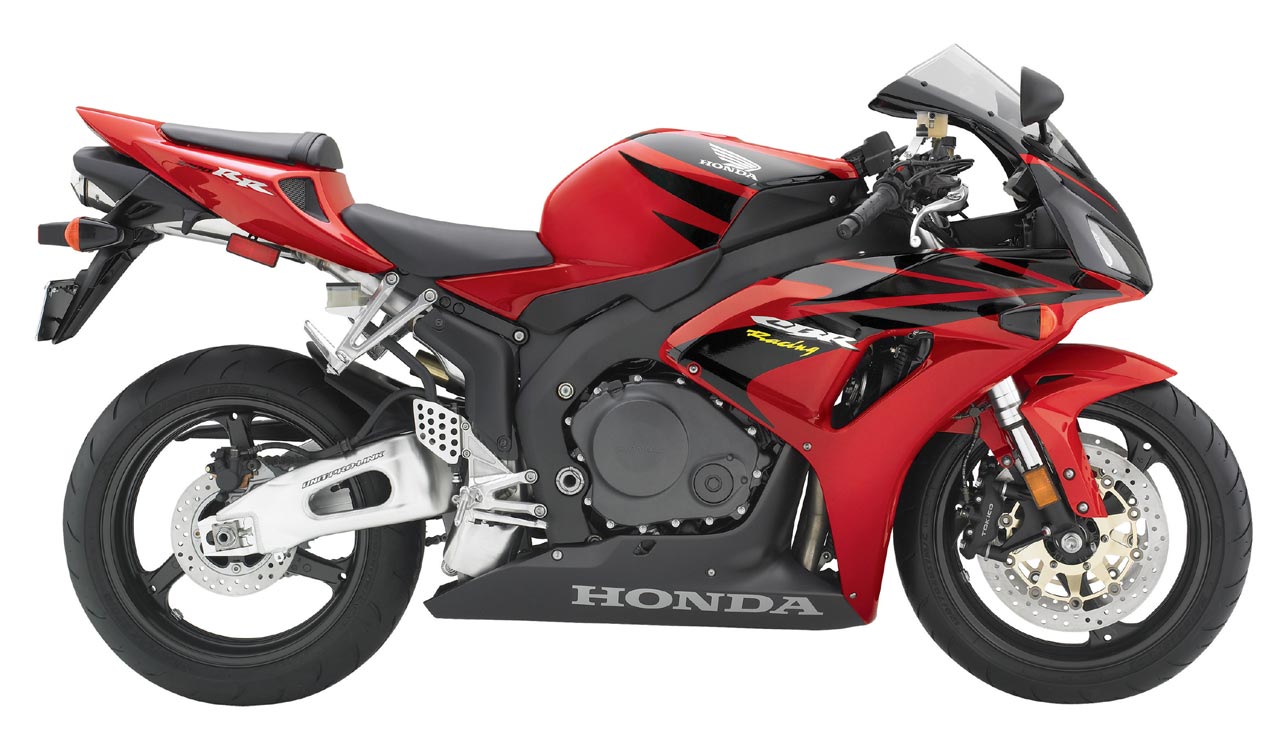2006 ZX-10R review
Perhaps it has lost just a fraction of the craziness that made the original such scary fun, but the 2006 ZX-10R has plenty of bad-ass character left.

First, the good news about this reworked 2006 ZX-10R: it's more controllable and less scary than the original ZX-10R - an outstanding bike that was perhaps a bit too mad and bad for its own good.
The even better news? After a day and a half of thrashing it around one of the most spectacular tracks I've ridden on, is that the ZX-10R is still one seriously exciting motorcycle. Kawasaki has made it slightly sharper and more refined, but hasn't taken away the fun factor that has always been arguably its biggest asset.
Apart from the twin high-level silencers in place of the old four-into-one, you could easily mistake it for the old model, but almost everything has changed.
The fairing is reshaped to hold smaller lights and a revised ram-air slot, the monocoque aluminium frame is redesigned to raise the centre of gravity and the 998cc, 16-valve motor has been reworked to boost midrange, improve throttle response and keep peak power output unchanged while passing tighter emissions controls.
Kawasaki's main aim with this update was to make the ZX quicker round a track. Much of the development work was done here at Autopolis, which the Big K bought in April 2005. It was built by an eccentric property magnate in the early '90s to host Formula 1 races but never got the gig.
One of the bike's changes was obvious the moment I climbed aboard: an Ohlins steering damper, transversely arranged just as on several upmarket Italian bikes. This is the first to be fitted to a standard Japanese production machine, and it's odd that it should be to a Kawasaki rather than one from Yamaha, which owns Ohlins.
Underway and screaming down the half-mile-long main straight, it was clear that this was very much a ZX-10R. It zapped out of turns with an addictive blend of raw acceleration and high-revving smoothness, the unchanged max output of 173bhp - 182bhp with the ram air - sending it tonking towards the 13,000rpm redline through the lower gears, and to an indicated 170mph with a cog to come before a top speed of 185mph plus.
Kawasaki says the new engine's lighter crankshaft gives a notably quicker-revving feel, and it spun up fast enough to make me think so. High-speed performance is also boosted by the more aerodynamic fairing and better tucked-in exhaust system, and even the flush indicators.
Fortunately the slightly taller screen afforded more wind protection than that of the similarly ultra-slippery ZX-6R, in conjunction with clip-ons positioned 10mm back. Another bonus is that this bike's redesigned tacho incorporates an electronic needle that's much easier to read than the hopeless old-style rev bar.
Where this ZX-10R had a more important edge over its predecessor though, was in its controllability when winding on the power out of turns - and especially so through the pair of long right-handers where I was on part-throttle for ages and the bike felt superbly responsive.
For such a meaty motor - and there's even more midrange punch than before, up by about five bhp up till 8000rpm or so - it was brilliantly rider-friendly and refined. Credit for that goes to the new injection system. Twin butterflies per cylinder plus new injectors that spit out smaller fuel droplets did a brilliant job of translating wrist movement to smooth and snatch-free acceleration, aided by a gearbox that shifted as sweetly as any I recall on a Kawasaki.
The only slight downer was that the new induction system seems to have quietened the old bike's howl under full welly.
Autopolis is an ideal development track, with 11 right- and 9 left-hand corners, including a bewildering variety of fast and slow turns plus dips and cambers. The way the 10R's four-pot radial calipers bit the 300mm petal discs to slow the bike at the end of the straight was impressive, and helped by the way the slipper clutch kept the rear end stable as I flicked down three gears and peeled into an adverse-camber second-gear right-hander.
Kawasaki's main chassis focus was to make the bike more controllable in bends, which it aimed to do by raising the centre of gravity slightly. That required a new frame, which incorporates the air intake that runs back from the slot in the fairing nose.
The swingarm pivots lower on the frame (for improved traction) and is redesigned to increase torsional rigidity but to decrease side-to-side rigidity, for improved feel. Also at that end, the tyre is a 190/55-section, slightly taller than the previous 190/50. The result was a bike that turned very well, felt impressively stable whether on the brakes or in mid-corner, and was superbly flickable for a bike which, at 175kg dry, is now 5kg heavier than before (thanks to the catalyser, swingarm and steering damper).
It also had stacks of ground clearance before solid parts decked out, though the long footrest blobs scraped relatively early.
Kawasaki says that in its back-to-back testing at Autopolis, this bike is a second a lap quicker than the GSX-R1000, two seconds up on the YZF-R1 and the old ZX-10R, and three seconds quicker than the 2005-model Fireblade, all on standard OE rubber. Impressive stuff - if it's true.
How this ZX-10R fares in more objective comparison tests elsewhere remains to be seen, but what's for sure is that it's a subtly and cleverly improved motorcycle. Perhaps it has lost just a fraction of the craziness that made the original such scary fun, but it has plenty of bad-ass character left.

.jpg?width=1600)